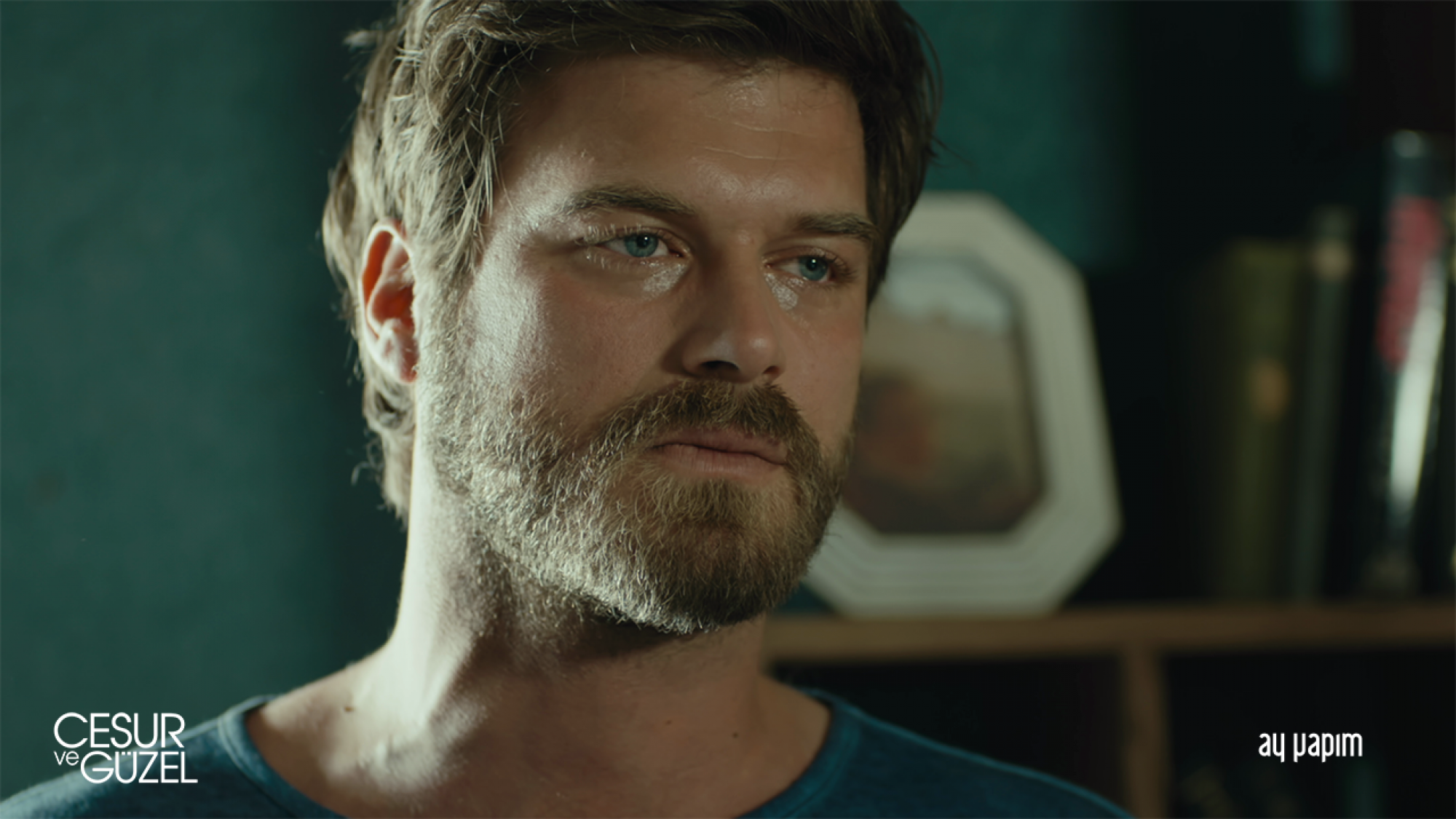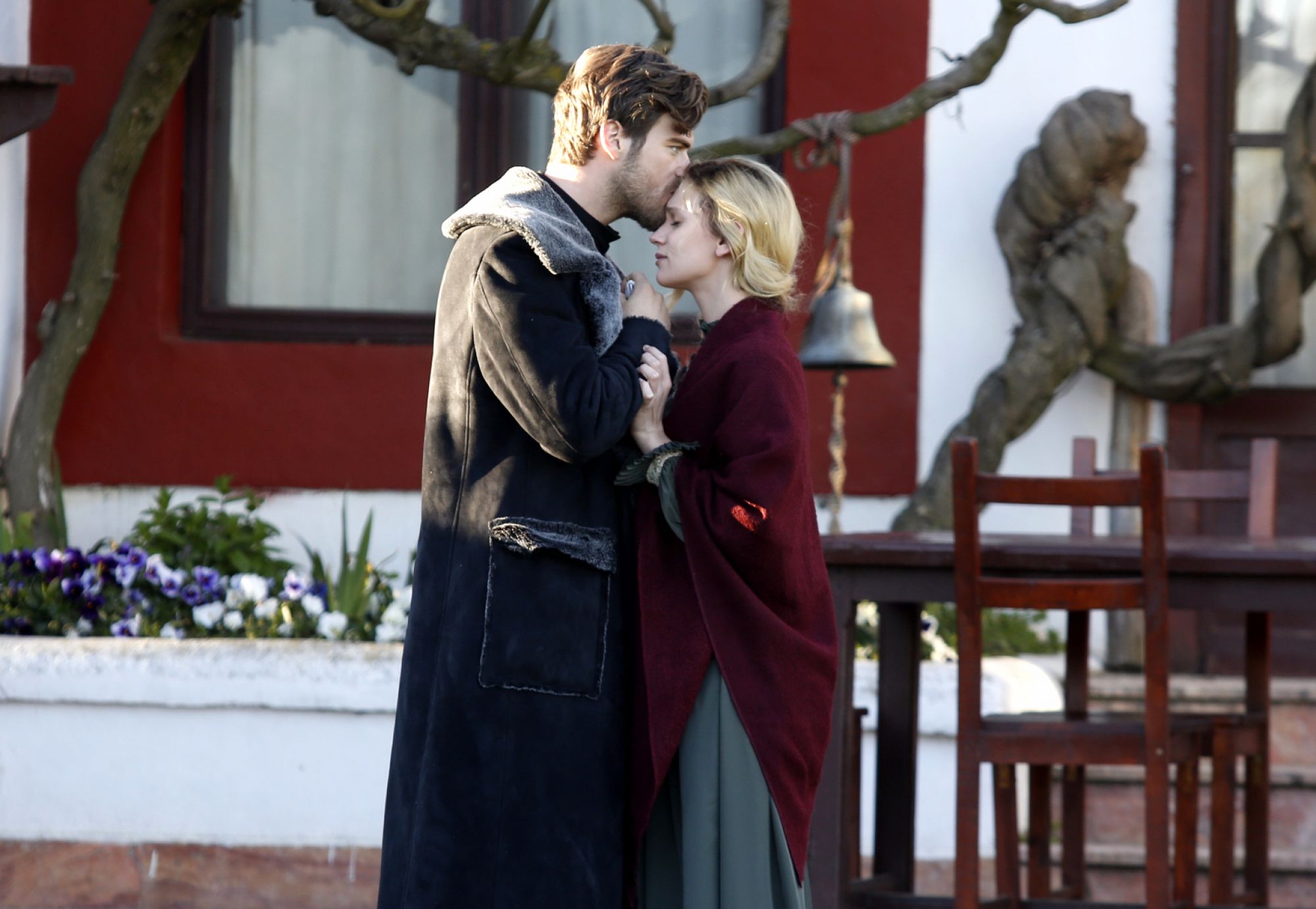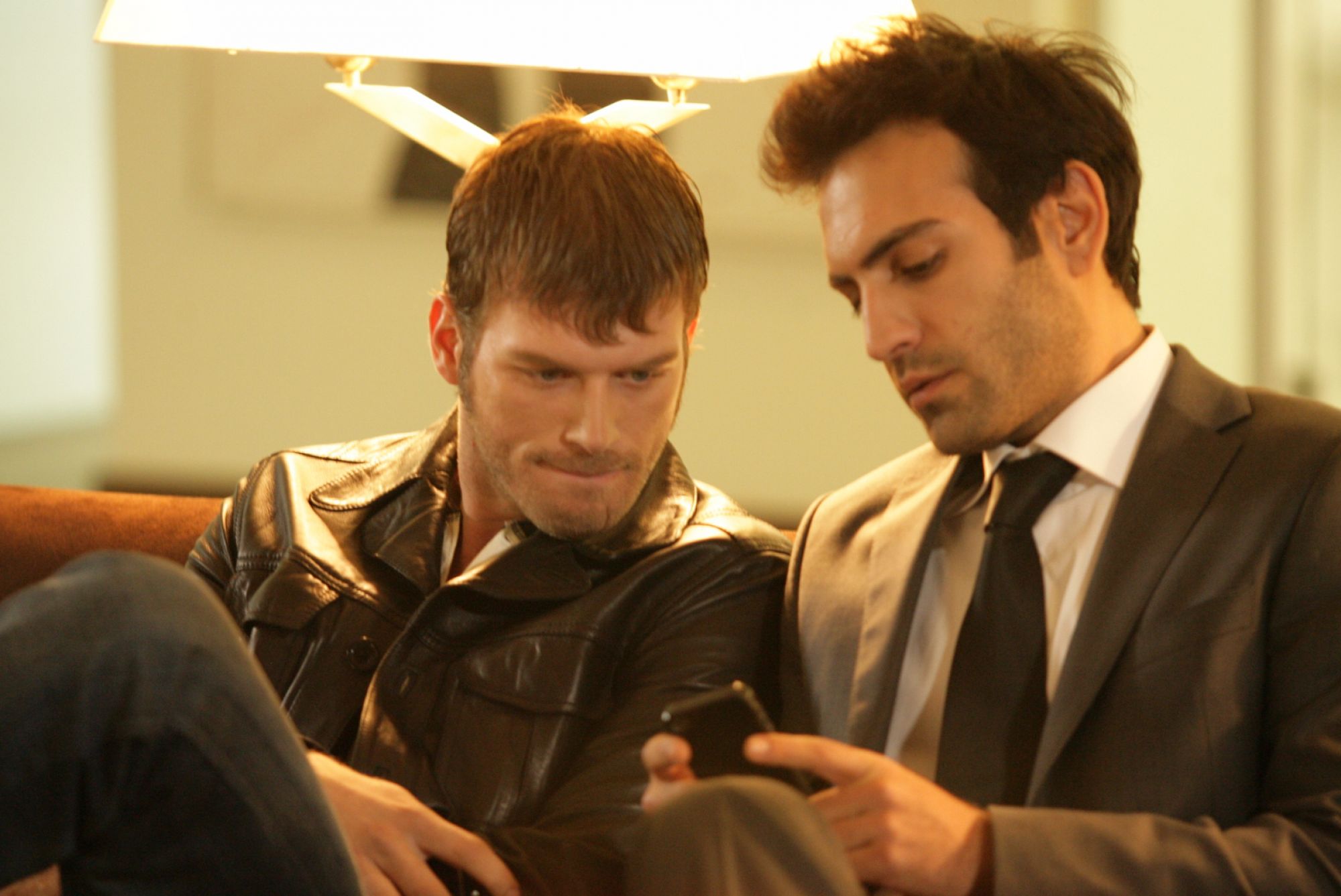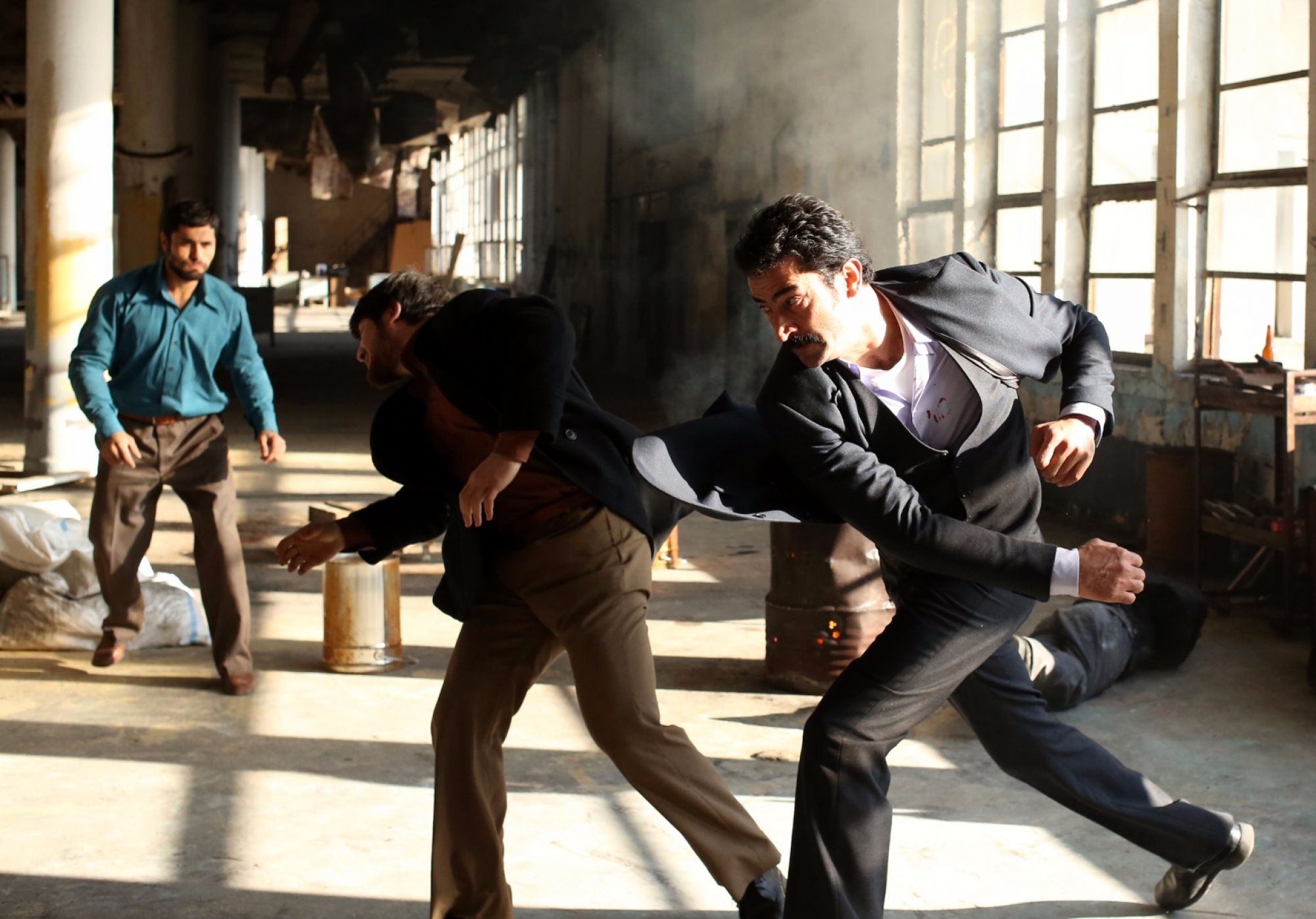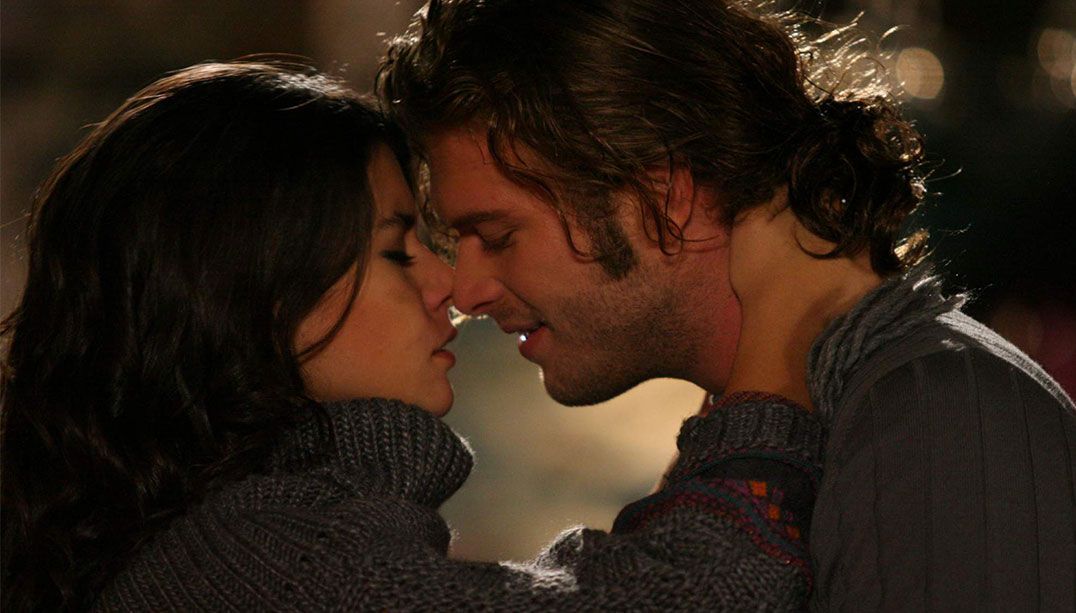What is it about Turkish drama that seems so different than Western television?

I’ve been asking myself this question as I binge watch, devour, and pretty much zig zag from one dizi (Turkish TV drama) to the next. As one story is in its final ten or so episodes, I find my anxiety growing: what am I going to do when this one ends? What’s next, and will it be as good as this one? —wait— how could anything be as good as this one?? And so, it goes.
My non-initiated friends laugh and accuse me of wasting my time on “soap operas”. My protestations are met with eye rolls as I vainly try to explain why dizis are just different. Yes, there is a love story, and they are about family, and the search for success, and morality, and villainy, and, well—so are the soaps on English-speaking TV. At a loss, I carry on. As I made my way from each to the next, it recently struck me like a tsunami: the distinctive draw of these shows is the rather unique way that the male leads express their emotions, whether they are sons or fathers, or lovers. No other drama I’ve seen portrays male emotion the way the Turks do.
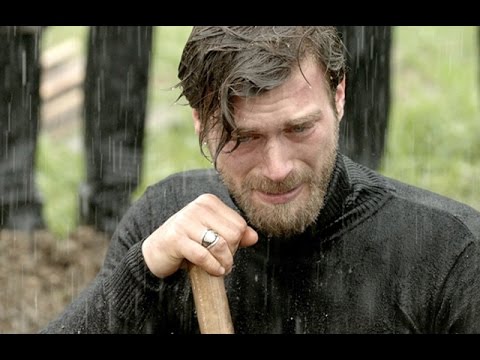
The Turkish male hero is typically courageous and intensely values his personal integrity; he is a believer in truth, faith, and family; these characters are also intensely masculine. Yet, the Turkish alpha male would lay down his life just to breathe in the scent of his lover’s hair one last time or feel his mother’s soft skin under his hand as he strokes her face. He wails in pain over the loss of his closest friend, tears streaming. And he is not afraid to show any of it.
Turkish men embrace their male friends, and kiss both cheeks in greeting, and this is likely one of the most telling examples of how East does not meet West. Despite its implication of intimacy or friendship, the Western male’s hand shake or manly pat on the back are aloof and bland in comparison to the Turkish way of expression. At least to me.
My first exposure to Turkish TV was 2014’s Kurt Seyit ve Sura. For many Americans, this show is a dazzling introduction into the world of Turkish television, with an extra boost because it’s on Netflix with great film quality and decent subtitles. The jewel is of course, Kivanc Tatlitug, the star of the series. I asked myself: who and how and where oh where have I been? Who is this man, and how come I am just finding out about him now?? Intrigued, I dove into Cesur ve Guzel for more, and then worked backwards to Kuzey Guney, Aski Memnu, and way back to Gumus, where the voice of a very young Kivanc’s is dubbed but trust me; the rest of him is solidly there.
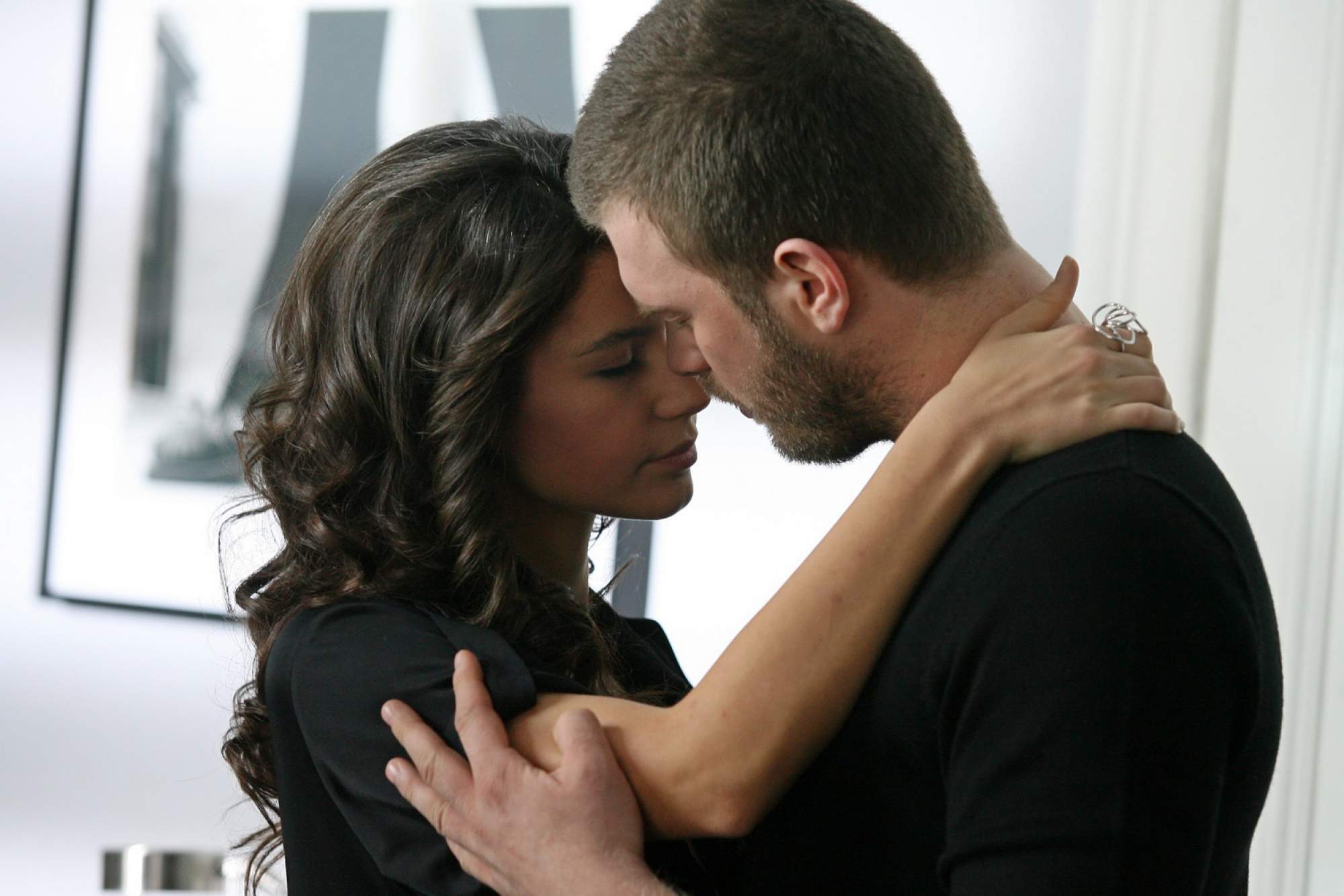
In each of these roles, Kivanc’s male is flawed (either quick to lose his temper or obstinate and maybe sometimes even a bit chauvinistic), but is still a nearly perfect man in terms of principles and character; all save for one. While each of his leading male heroes is unique, Behlul in Aski Memnu is on his own: brooding, rudderless, with a heart divided by love and fear. A master at hiding his deeper feelings, Kivanc’s formidable talent reveals all Behlul’s desperation and character flaws, which are ever-simmering just below the surface. The true villains of the stories are consistently devoid of compassion and empathy and are often over the top in their sheer evilness, and they rarely triumph.
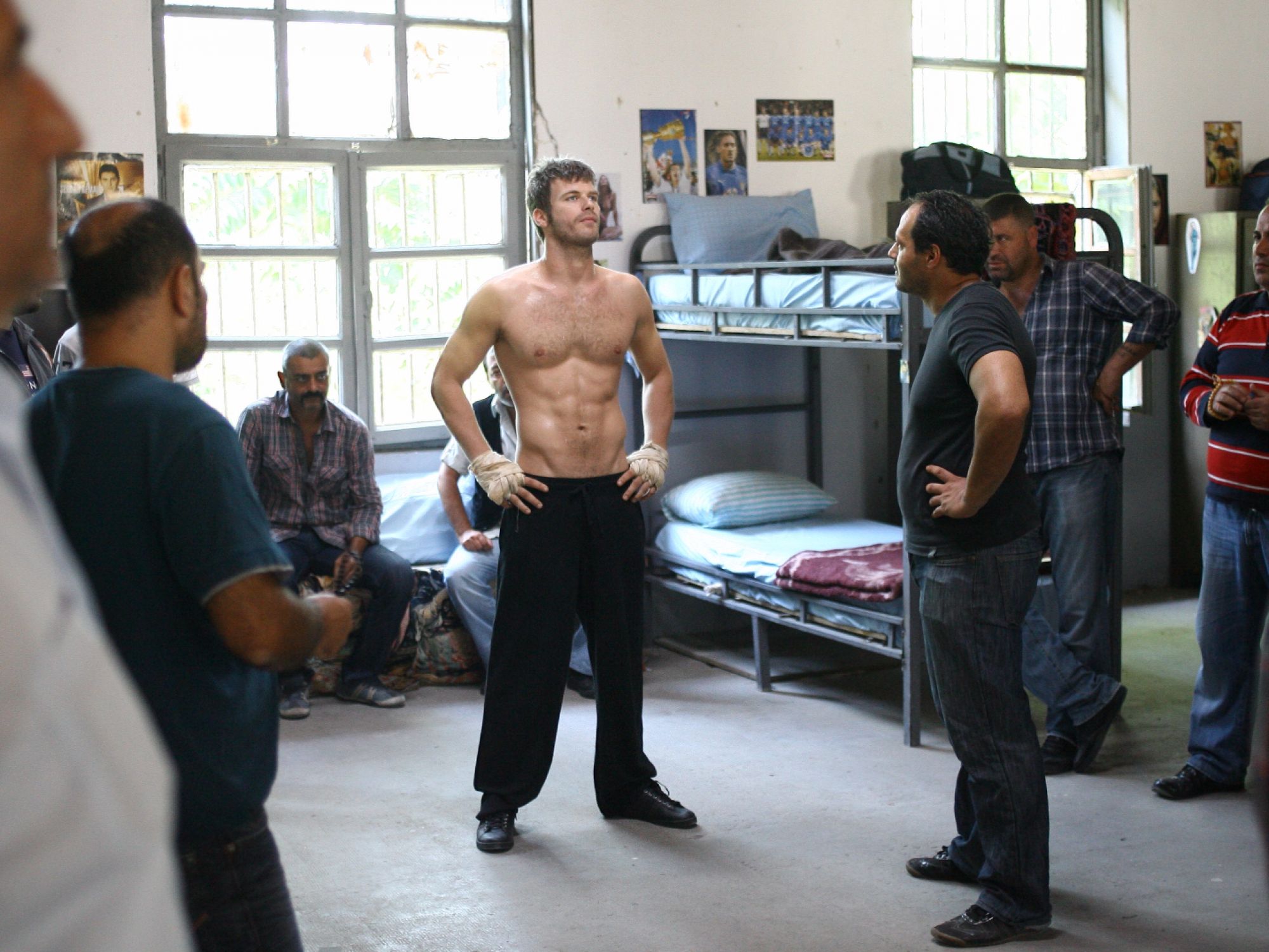
Other Turkish roles come to mind as I revisit what resonates for me in these male figures. The paternal wisdom and guidance of Nazif Baba in Karadayi is edged with a darker past that molds him into a positive role model. His son, the fabulous character of Mahir, loves passionately but upholds his principles more than anything else; meanwhile, he is the absolute Sultan of love talkers. He may put a temporary distance between himself and his love, but he does it out of protectiveness and self-sacrifice.
Kuzey is a cheeky but relatively normal teen who goes to prison in place of his guilty older brother, Guney. It is on Guney that the family’s best hopes have always rested. Yet, the rough but decent Kuzey ultimately triumphs in love, in money, and in self-respect because his heart is true, and his moral compass is indeed at true north. If you haven’t watched Kuzey Guney, get started. Now.
There you have it, and I’ve only covered a handful. The male leads in Turkish drama speak to a deeper level of integrity and emotional expression that ensnares the watcher by the heart and won’t let go; I’ll be coming back for more.
All pictures courtesy of Ay Yapim.

Teddie Potter discovered Kivanc and dizis in 2016, and hasn’t looked back since. American born, and of Greek-Cypriot descent, Teddie is also a blogger for Outlandercast.com. She is a long-time Registered Nurse working in Brain Injury rehabilitation, and lives with her family in New Jersey.
